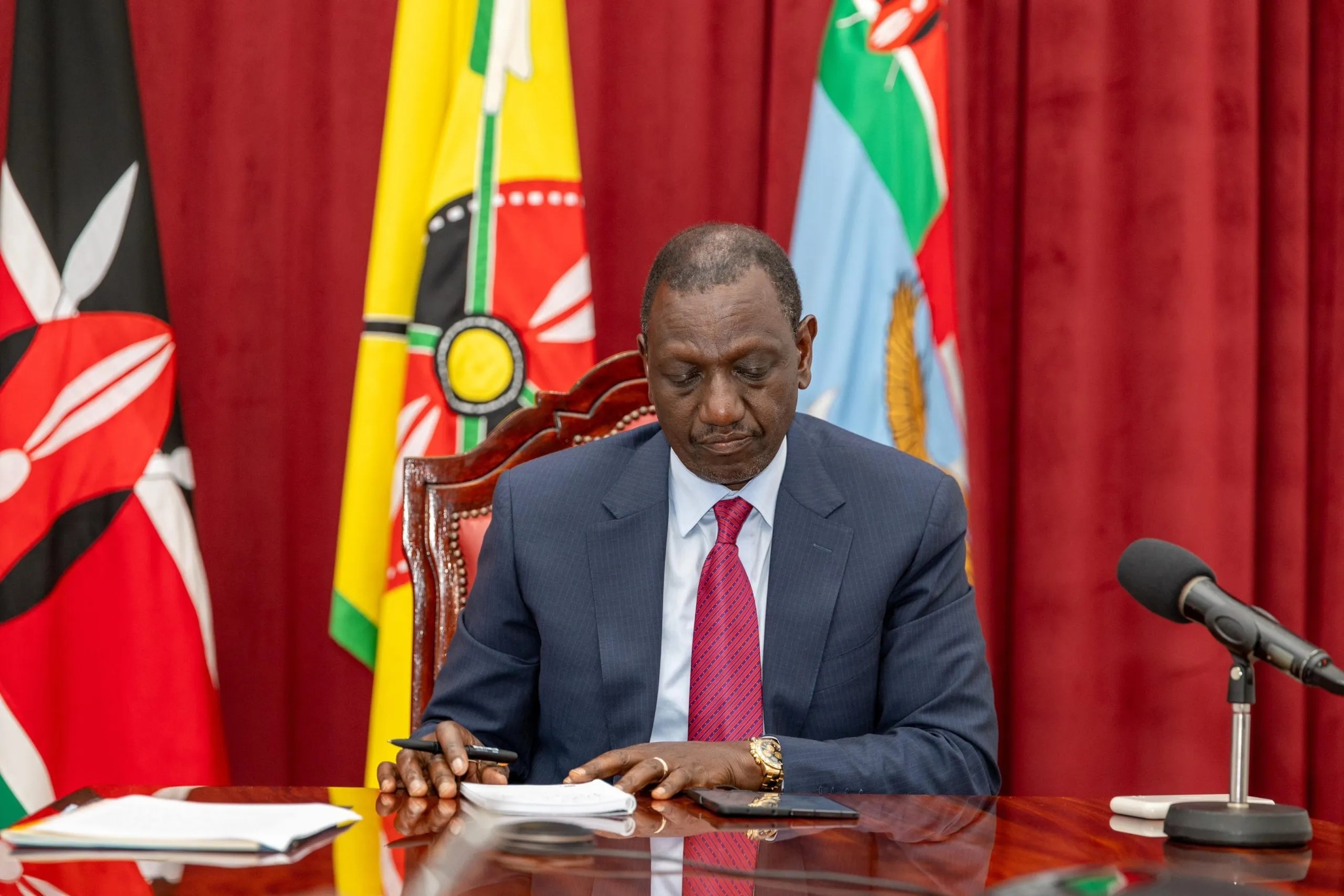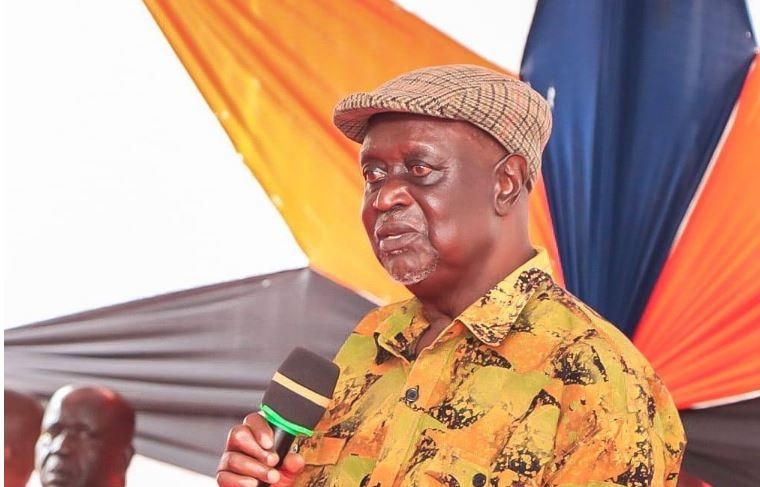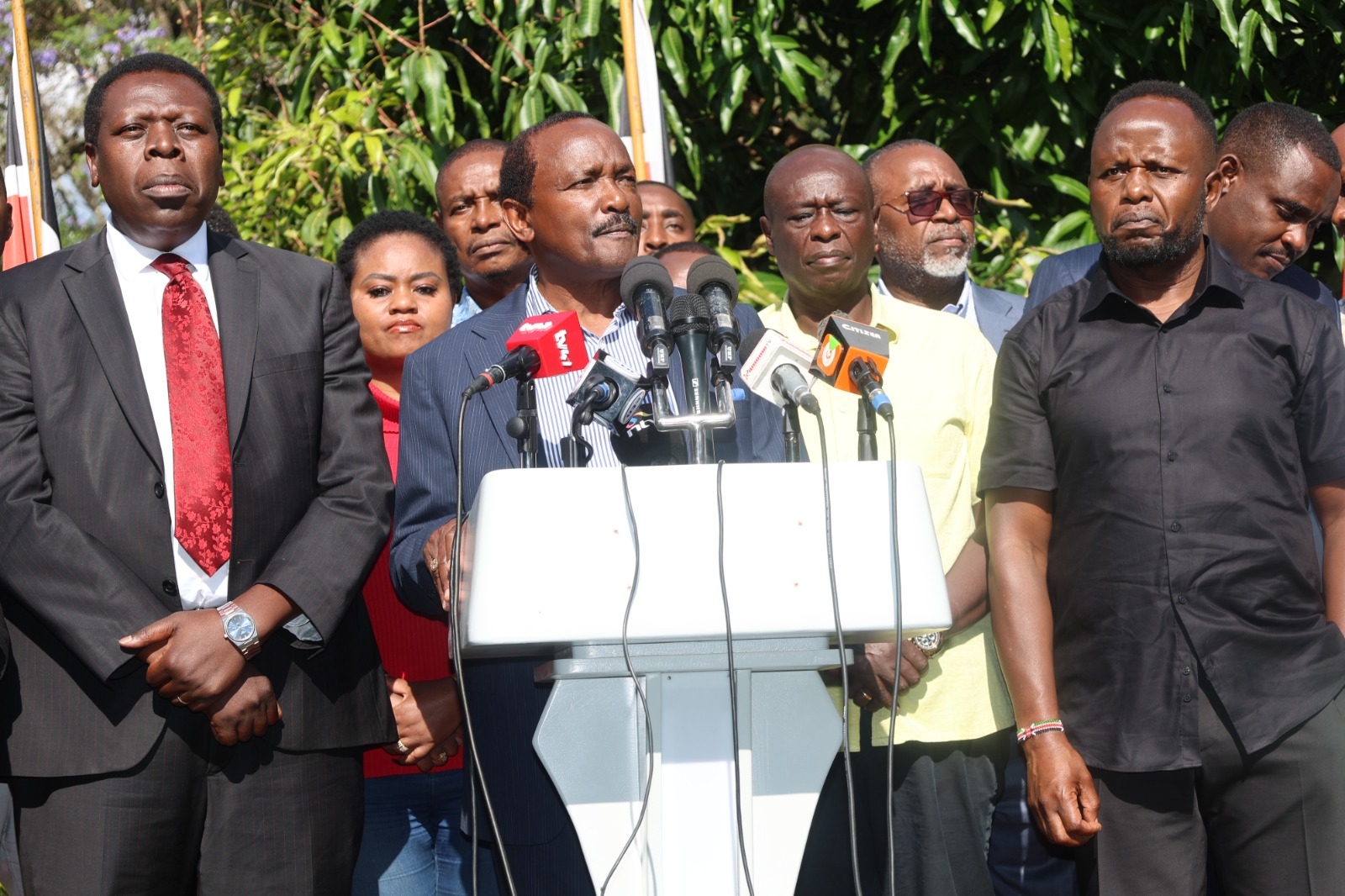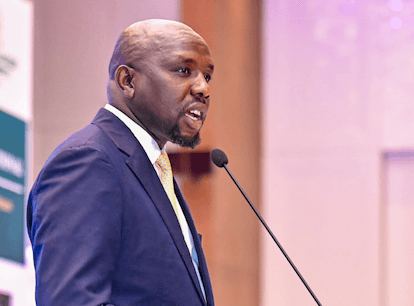When the Presidential Task Force on Mental Health in Kenya toured Nakuru county, its members met an 80-year-old patient who had been abandoned by family at Gilgil Hospital for 60 years.
During their visit to Mathari Hospital on February 14, they found extremely deplorable conditions.
“It is difficult to believe that people can work cheerfully and in a dedicated manner in the dilapidated and dehumanising environment that we found,” the team said in their report.
The team was constituted on November 21 and inaugurated on December 11 by then-Health CS Sicily Kariuki.
President Uhuru Kenyatta had directed the ministry to establish a task force to look into the status of mental health in the country.
It was co-chaired by Dr Frank Njenga and the Health PS Susan Mochache. It held public participation forums across the country.
The team had been tasked with coming up with new policies to address growing concerns about mental health among Kenyans. President Kenyatta’s order came amidst rising depression and mental sickness blamed for murder and suicide cases.
In their report handed over to Health CS Mutahi Kagwe on Tuesday, the task force recommended that the President declares mental illness a national public health emergency.
Further, they want a commission set up to monitor the state of mental health and happiness among Kenyans. It shall be named the Mental Wellness and Happiness Commission.
It is estimated that one in every 10 Kenyans suffers from one form of mental disorder. Depression and anxiety disorders are the most common, followed by substance use disorders.
The majority of Kenyans who spoke to the task force indicated that mental illness is a big challenge in society. They cited widespread concern over high levels of stress due to lack of jobs, constant negative politics and fear of violent and divisive elections.
If established, the commission will conduct periodic surveys of mental health and happiness, ensuring continuous surveillance of the state of mental health and happiness and supervising the delivery of mental health services, among other functions.
“We have in the report faithfully recorded the pain and suffering of our people that is due to the very heavy burden of mental illness in our society,” Njenga said.
“People are so afraid and shy of indicating that they are human beings who suffer from depression that they would rather stay with their illnesses at home rather than expose themselves to the shame of confirming that they are humans and suffer from mental illnesses."
According to Njenga, stigma is driven by low resources that are associated with the treatment or management of mental disorders.
“If we are going to handle mental health with the dignity it deserves, we really need to finance mental health services in a way that is commensurate with the burden that is there.”
The team has also recommended that the creation of Mathari Teaching and Referral Hospital as a semi-autonomous government agency for specialised referral services, teaching and research in mental health be fast-tracked.
The report also recommends that regulation and licensing of all institutions offering healthcare (including rehabilitation centres) be done through the Kenya Medical Practitioners and Dentists Council.
It also calls for the gazettement of the second week of October as the National Mental Health Awareness Week, and that mental health services be decentralised to the primary healthcare level.
From the public forums, the youth said that despite the benefit accorded to them by Helb loans to pursue their tertiary education, the loan should be interest-free.
They also decried the listing of defaulters on social media and newspapers and asked that it be stopped with immediate effect.
“Gambling and sports betting should be strictly regulated and measures taken by gaming operators to assist those who are addicted and suffering from problem gambling as a result of addiction,” they said in their submissions to the taskforce.
They also want marketing of alcohol, cigarettes and substances strictly regulated, and drinking hours be limited, citing the case of Botswana where alcohol is not sold in retail stores after 6pm and all establishments that sell alcohol be closed by 10pm.
The task force said cultural beliefs about the causes of mental illnesses are prevalent and deeply rooted in communities. The beliefs lead to alienation of the people suffering from mental illness and their families. Some would rather take the patient to a faith healer than to a medical facility.
The team found that in the Kenyan cultural context, people living with mental conditions face societal stereotypes based on ignorance, religious bias, and deep-rooted traditional and cultural beliefs.
“These include beliefs that they are being punished, are bewitched, cursed, mad, dangerous and lacking the capacity to make decisions. In many cases, they are isolated, locked up and chained to poles with denial of dignity, some enduring ritual beatings ‘to rid’ them of evil.”
These beliefs and practices lead to stigmatisation by self or others and exclusion in socio-cultural, economic, political decision-making processes and opportunities.
The 10 counties visited include Meru, Makueni, Eldoret, Nakuru, Mombasa, Kakamega, Kisumu, Nyeri, Garissa and Nairobi.
The task force is expected to assess the mental health systems, including the legal, policy and administrative environment to identify areas that may benefit from reform for optimal delivery.
In addition, the team was urged to broadly consider the changing societal dynamics and associated threats to mental well-being such as substance abuse, gambling, sexual and gender-based violence, cyberbullying, child abuse and neglect.
Edited by F'Orieny



















